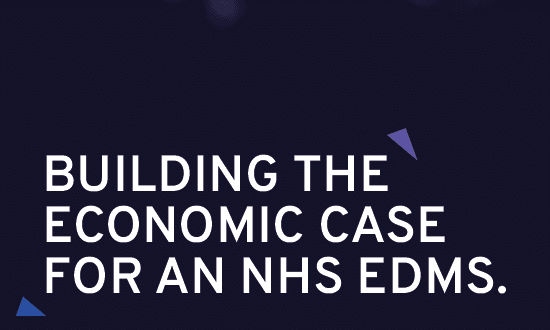Insider view: Fiona Barr
- 15 July 2010
There are some offers to which it is very hard to say ‘no’. Health secretary Andrew Lansley’s decision to give almost the entire NHS budget to GP commissioning consortia has – unsurprisingly – met with a positive response from GP representatives.
Anything else would be professional and political suicide. Behind the polite enthusiasm, though, lies a wide range of views about the potential benefits and pitfalls of the government’s massive reorganisation of the NHS.
All those in favour
Those in favour at the moment include the BMA, the Royal College of GPs and a range of other national organisations with considerable – and in some cases controversial – influence, including the NHS Alliance and the National Association of Primary Care.
These organisations believe that GPs, as the gatekeepers of the NHS, are in the best possible place to make decisions about how NHS money is spent and how services can be designed to deliver high quality care for patients.
Many GPs are frustrated by what they see as an unnecessarily bureaucratic NHS, led, in theory, by primary care trusts in which the standard of management is notoriously uneven, but in which, in practice, secondary care providers are the dominant partner in the purchaser-provider split.
GPs are also pragmatists by nature and there will be plenty of doctors willing to seize the opportunities in the latest reorganisation.
Twenty years ago, fundholding similarly offered doctors an opportunity to control a much smaller part of the NHS budget and, despite BMA opposition, the Conservative government of the time found no shortage of candidates.
Many have also felt over-regulated and constrained by practice-based commissioning and are now raring to go.
The white paper also makes it clear that not every GP will need to be an enthusiast. It says all practices will be expected to be part of a consortium – and that the NHS Commissioning Board will be able to “assign” practices to a consortium if push comes to shove.
Yet with consortia likely to be formed from populations of 100,000 upwards, some commentators argue that the vast majority of GPs can focus on their day job while a board of GPs leads the changes and co-opts relevant GPs to work on individual care pathways.
Rations for thought
Those already involved in GP commissioning are clear that it cannot work without involving a range of others including hospital consultants, public health specialists and other clinical groups such as pharmacists and nurses.
GP consortia will also need to find a way to ensure that the expertise and talent that does currently exist in PCTs does not disappear as part of the reorganisation, and that transaction costs do not rise.
How and where management expertise will be acquired is, however, identified as one of the potential pitfalls of the changes. Clearly, there will be plenty of private organisations lining up to offer it.
Yet some fear this could lead to a growing influence from US companies like UnitedHealth and Humana and to the eventual break-up of the NHS.
Indeed, the biggest – so far mainly unvoiced – fear that GPs have is the widening of the market place and the need to juggle budgets with the government’s mantra on choice and competition.
Handling a budget is one thing, making huge savings is another, but doing both in an environment in which patients will be actively encouraged to shop around could be almost impossible.
Family doctors also fear being held responsible for any rationing decisions. The BMA’s Dr Hamish Meldrum warned this week that GPs would not become “whipping boys” for cuts as the NHS tries to make £20 billion efficiency savings over four years.
Yet nowhere in the white paper is there any mention of affordability and the likelihood that difficult decisions will need to be made about what to fund and what not to pay for.
Where will Lansley and co be when the Daily Mail condemns a GP consortia’s decision to withdraw funding for a mother’s cancer drug? Particularly if that mother’s GP thinks the consortia her practice was made to join has little to do with her? And when does local decision making end and a postcode lottery begin?
Budgetary savings could also throw up some difficulties. While the government has made it clear that there will be no windfalls for individuals, commissioners must wonder what will happen to next year’s budgets if savings have been made in the current year.
The white paper leaves these and many more questions unanswered. What is clear is that there is no point GPs or anyone else hoping it will all go away.




